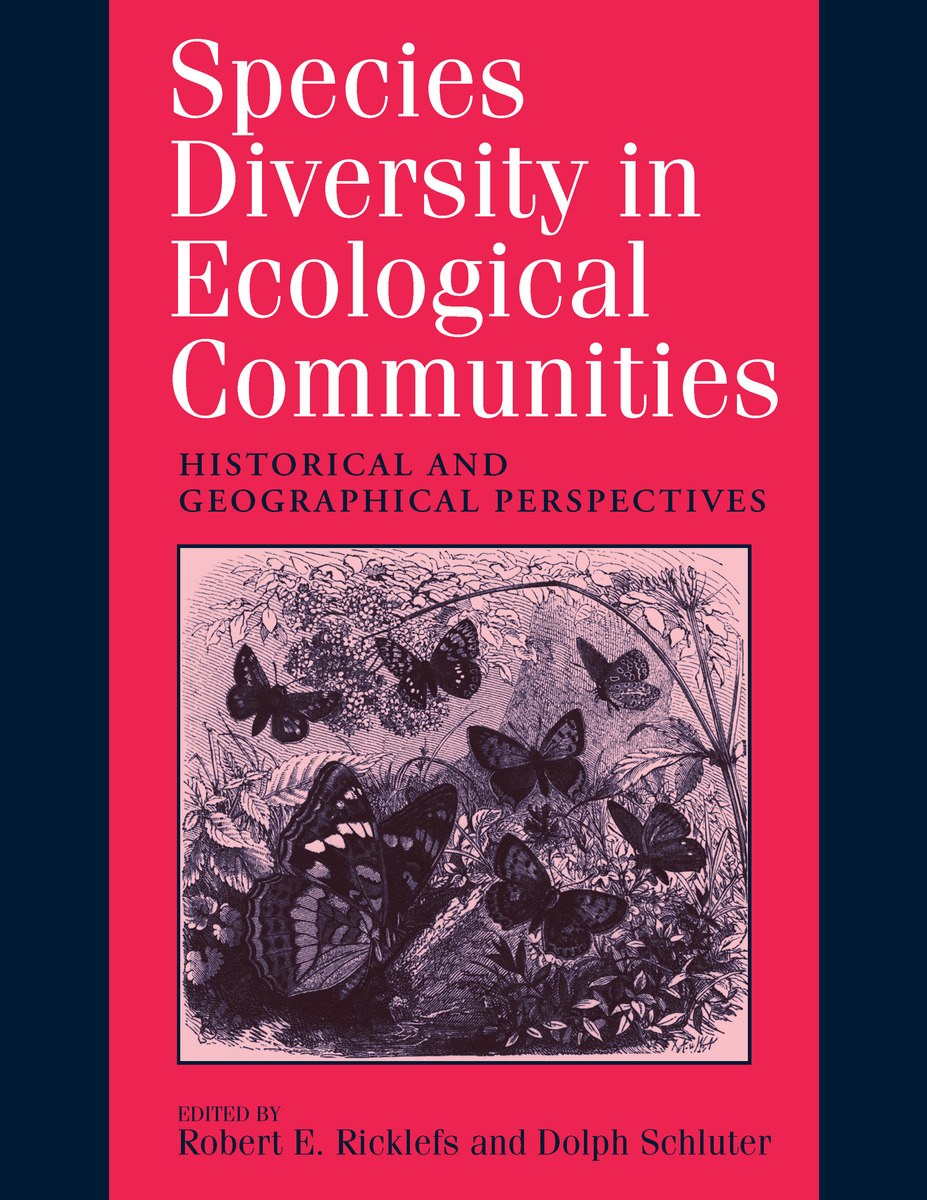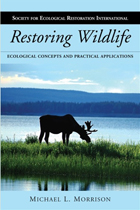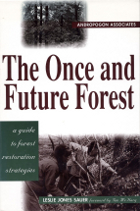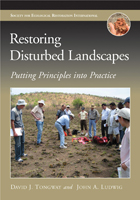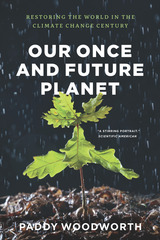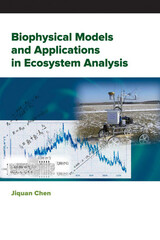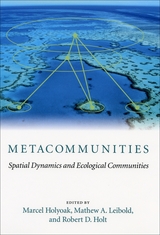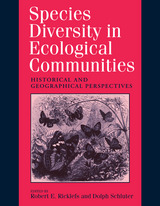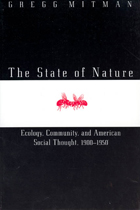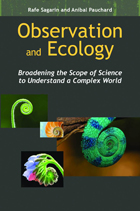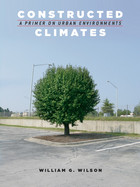Species Diversity in Ecological Communities
University of Chicago Press, 1993
Paper: 978-0-226-71823-1 | Cloth: 978-0-226-71822-4
Library of Congress Classification QH541.15.S64S63 1993
Dewey Decimal Classification 574.524
Paper: 978-0-226-71823-1 | Cloth: 978-0-226-71822-4
Library of Congress Classification QH541.15.S64S63 1993
Dewey Decimal Classification 574.524
ABOUT THIS BOOK | TOC | REQUEST ACCESSIBLE FILE
ABOUT THIS BOOK
A pioneering work, Species Diversity in Ecological Communities looks at biodiversity in its broadest geographical and historical contexts. For many decades, ecologists have studied only small areas over short time spans in the belief that diversity is regulated by local ecological interactions. However, to understand fully how communities come to have the diversity they do, and to properly address urgent conservation problems, scientists must consider global patterns of species richness and the historical events that shape both regional and local communities.
The authors use new theoretical developments, analyses, and case studies to explore the large-scale mechanisms that generate and maintain diversity. Case studies of various regions and organisms consider how local and regional processes interact to determine patterns of species richness. The contributors emphasize the fact that ecological processes acting quickly on a local scale do not erase the effects of regional and historical events that occur more slowly and less frequently.
This book compels scientists to rethink the foundations of community ecology and sets the stage for further research using comparative, experimental, geographical, and historical data.
The authors use new theoretical developments, analyses, and case studies to explore the large-scale mechanisms that generate and maintain diversity. Case studies of various regions and organisms consider how local and regional processes interact to determine patterns of species richness. The contributors emphasize the fact that ecological processes acting quickly on a local scale do not erase the effects of regional and historical events that occur more slowly and less frequently.
This book compels scientists to rethink the foundations of community ecology and sets the stage for further research using comparative, experimental, geographical, and historical data.
See other books on: Biogeography | Biotic communities | Ecological Communities | Ecology | Species diversity
See other titles from University of Chicago Press
